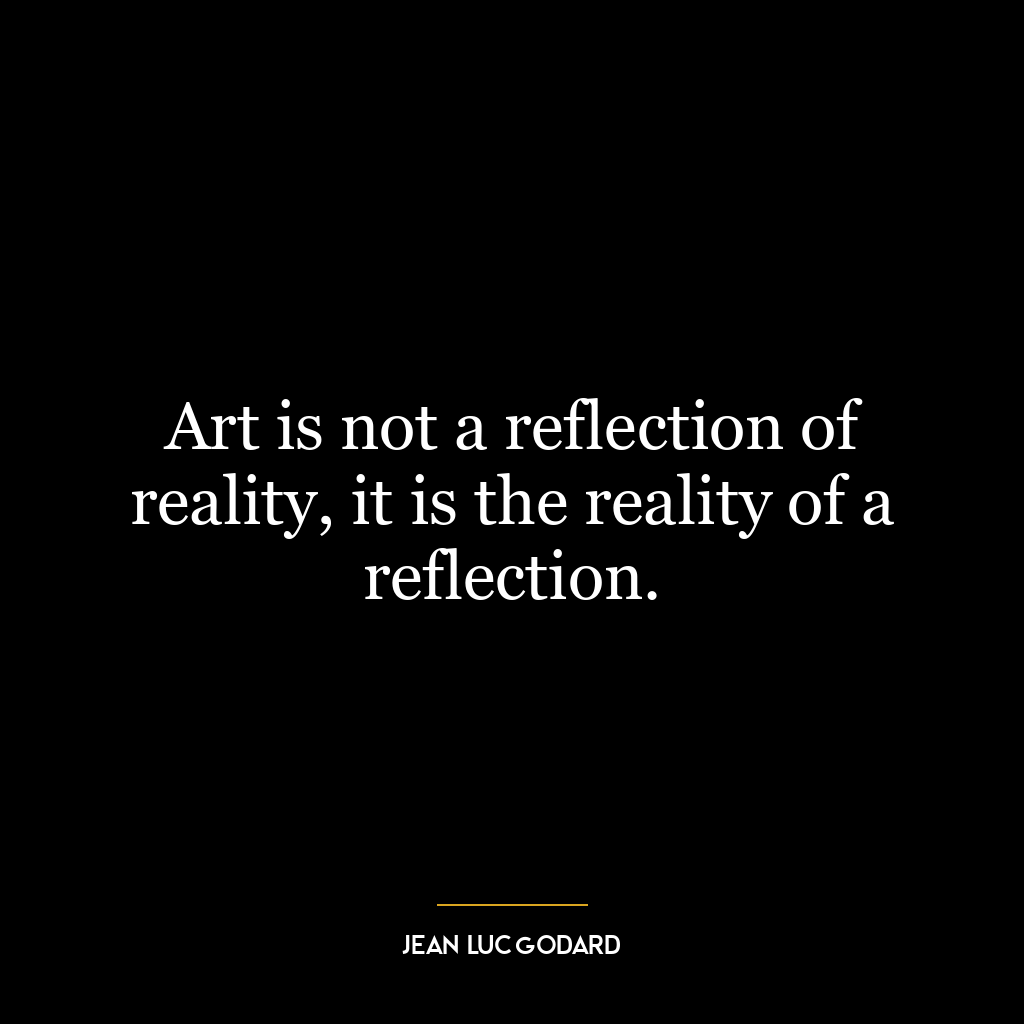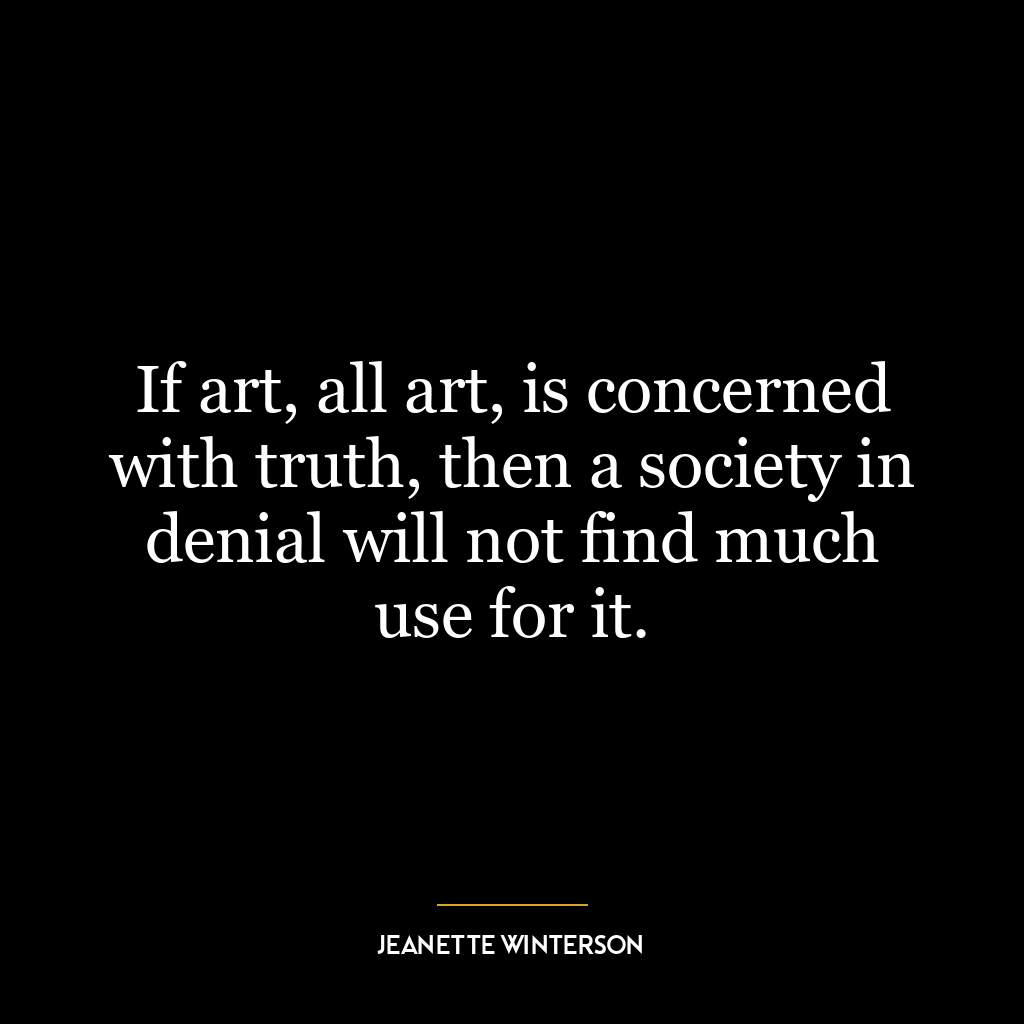This quote essentially communicates the value of truth over any form of allegiance or personal preference. Here, Newton refers to Plato and Aristotle, two of the most influential philosophers of the ancient world, as his friends. This signifies his respect and appreciation for their ideas and teachings. However, he emphasizes that truth is his greatest friend, indicating that the pursuit of objective truth surpasses any admiration or respect he has for these philosophers.
The statement underscores the importance of critical thinking, implying that one should not blindly accept the views of even the most respected authorities, but should instead seek to understand the truth based on evidence and reason. It suggests that the ultimate loyalty should be to the truth, not to individuals or ideologies.
Applying this idea in today’s world, it becomes highly relevant in the era of information overload and ‘fake news’. It encourages individuals to question, verify and critically evaluate information before accepting it as truth, irrespective of the source. It also discourages blind loyalty to ideologies or individuals, advocating for an independent pursuit of knowledge and truth.
In terms of personal development, this quote can be seen as a call for intellectual honesty and integrity. It suggests that one should prioritize truth over convenience or popularity. This could mean acknowledging personal mistakes, challenging one’s own biases, or standing up for the truth even when it’s unpopular. It promotes a mindset of continuous learning and growth, where one’s beliefs and understanding evolve with the discovery of new evidence or perspectives.








